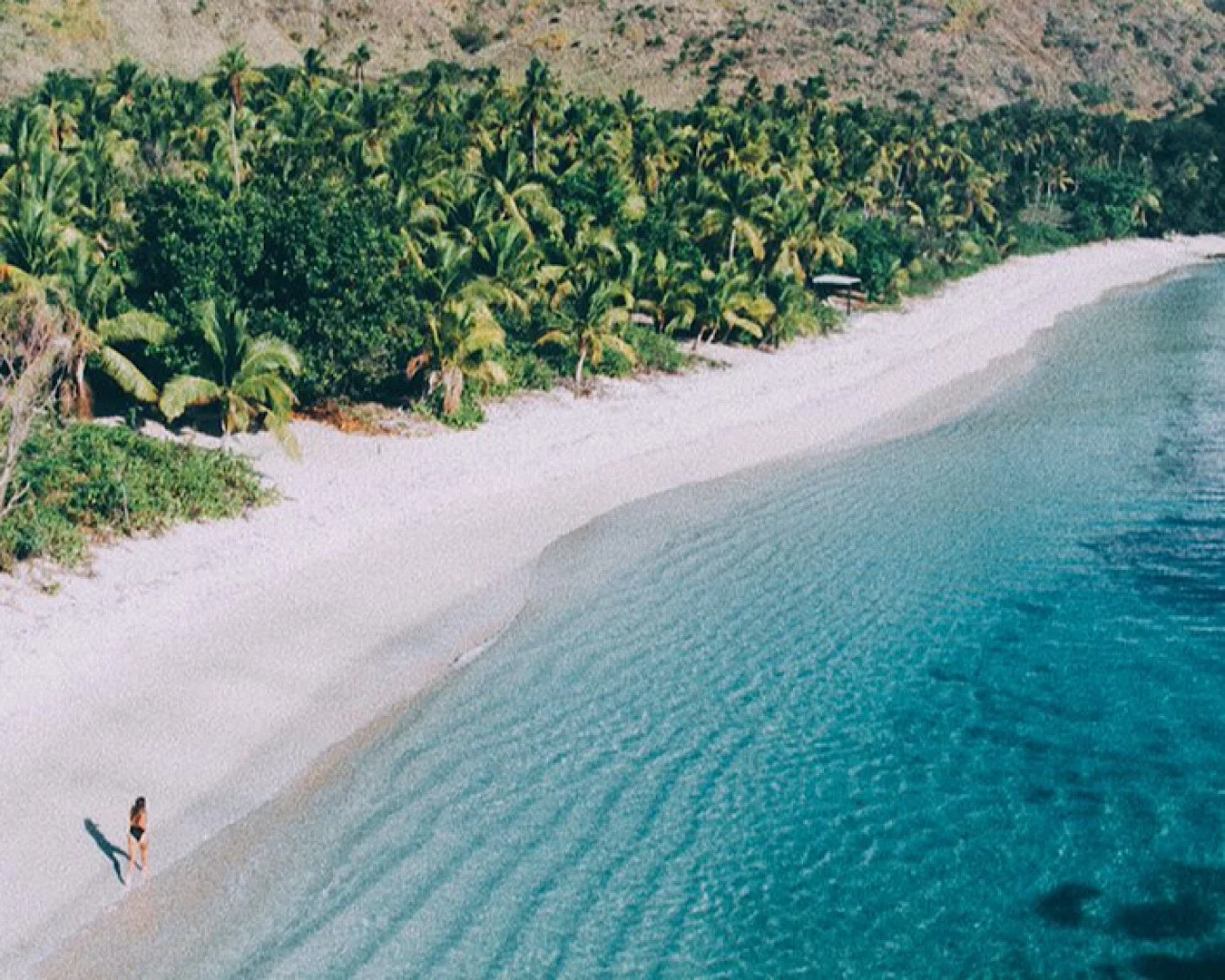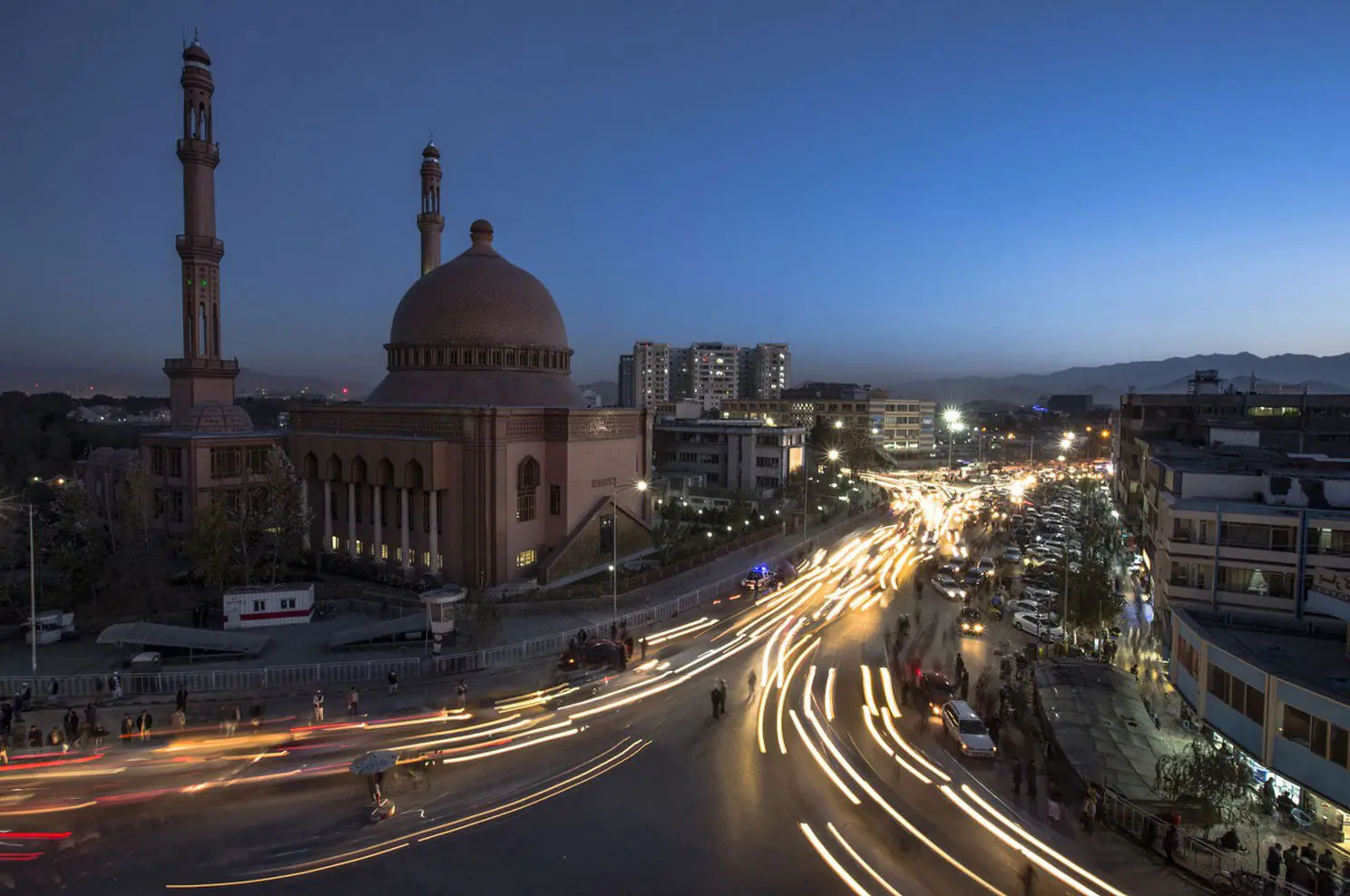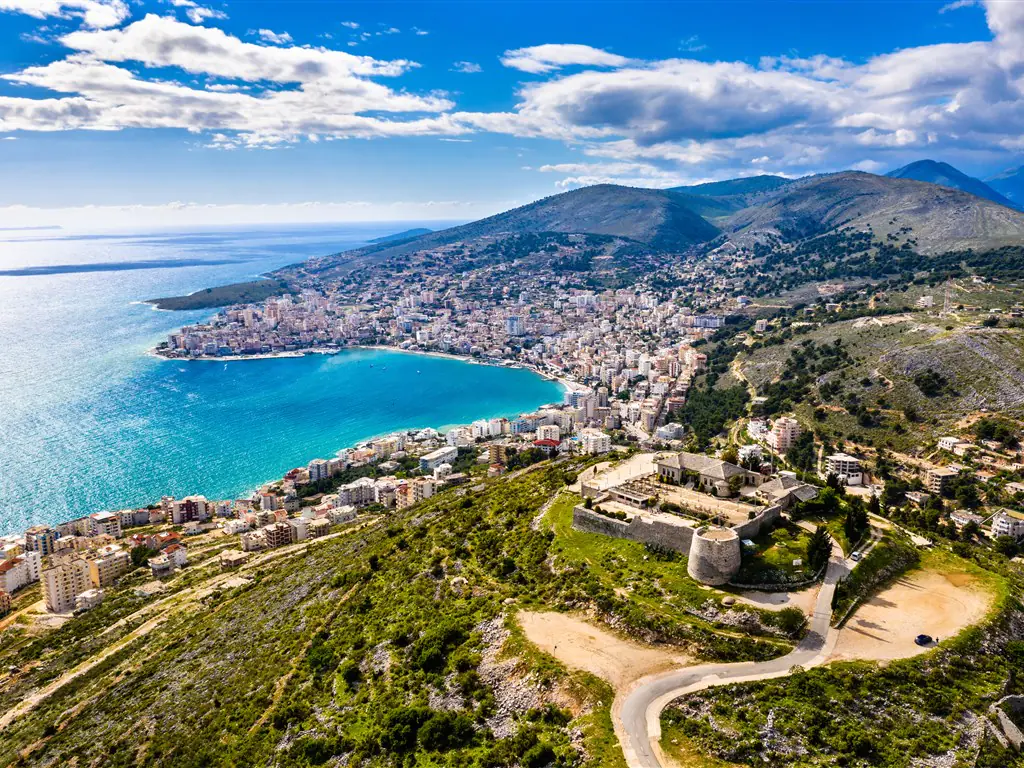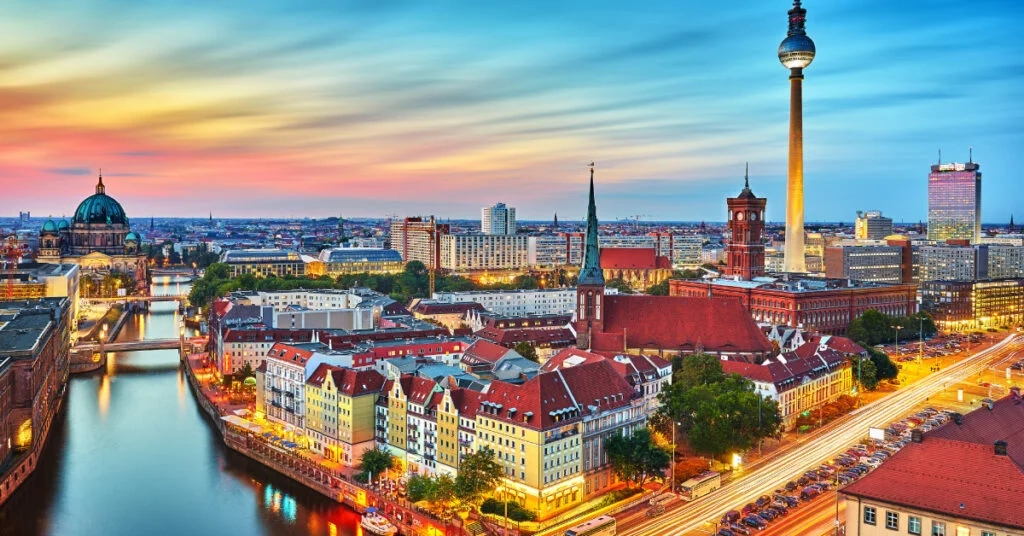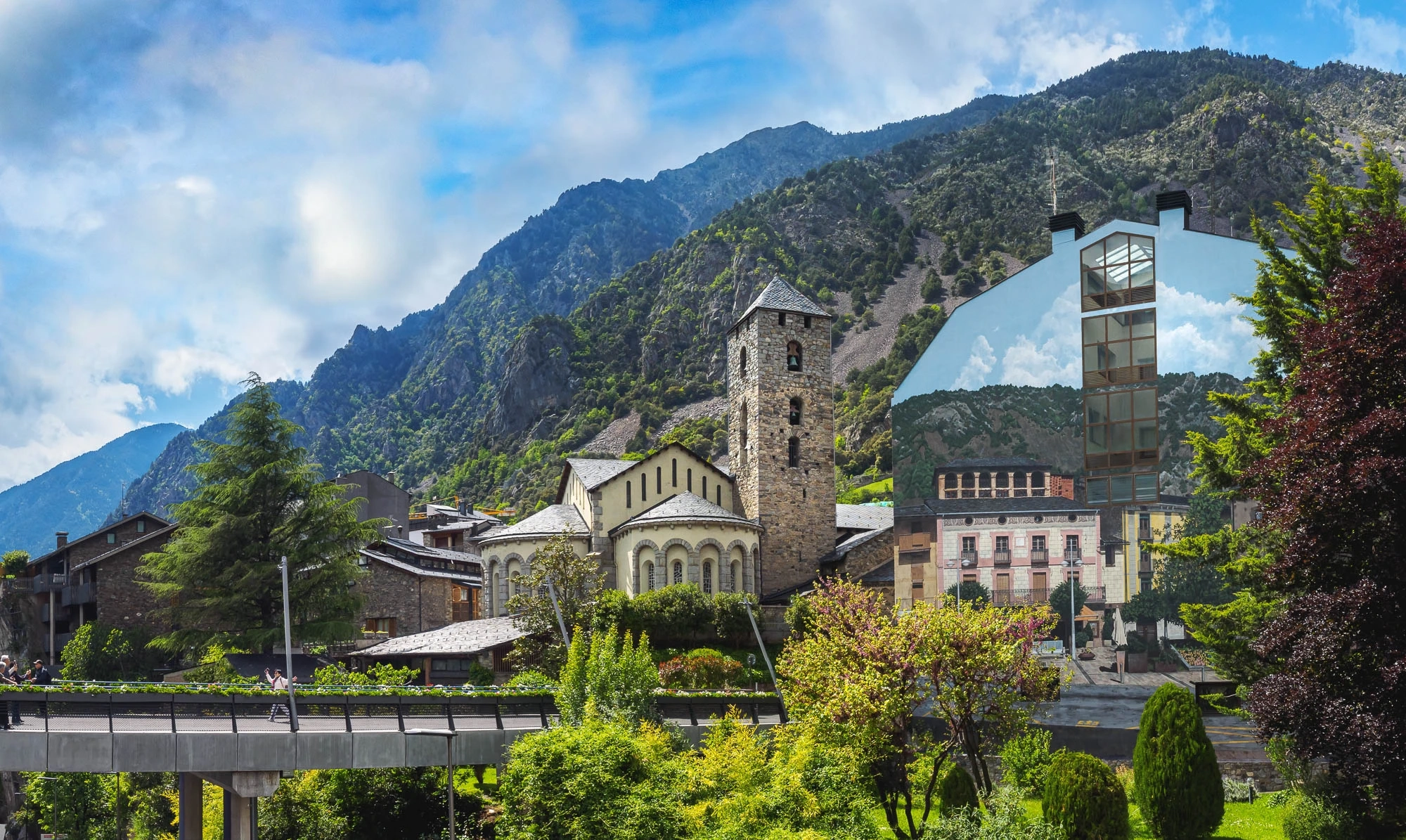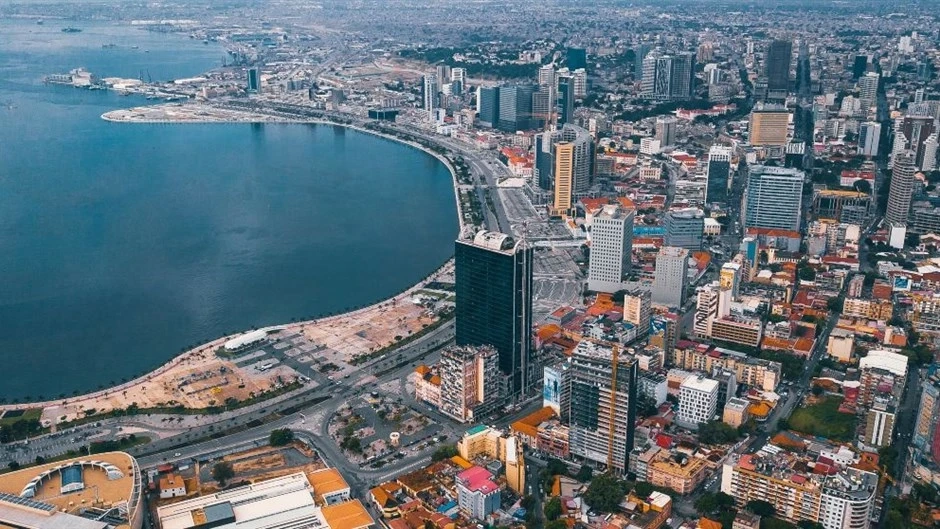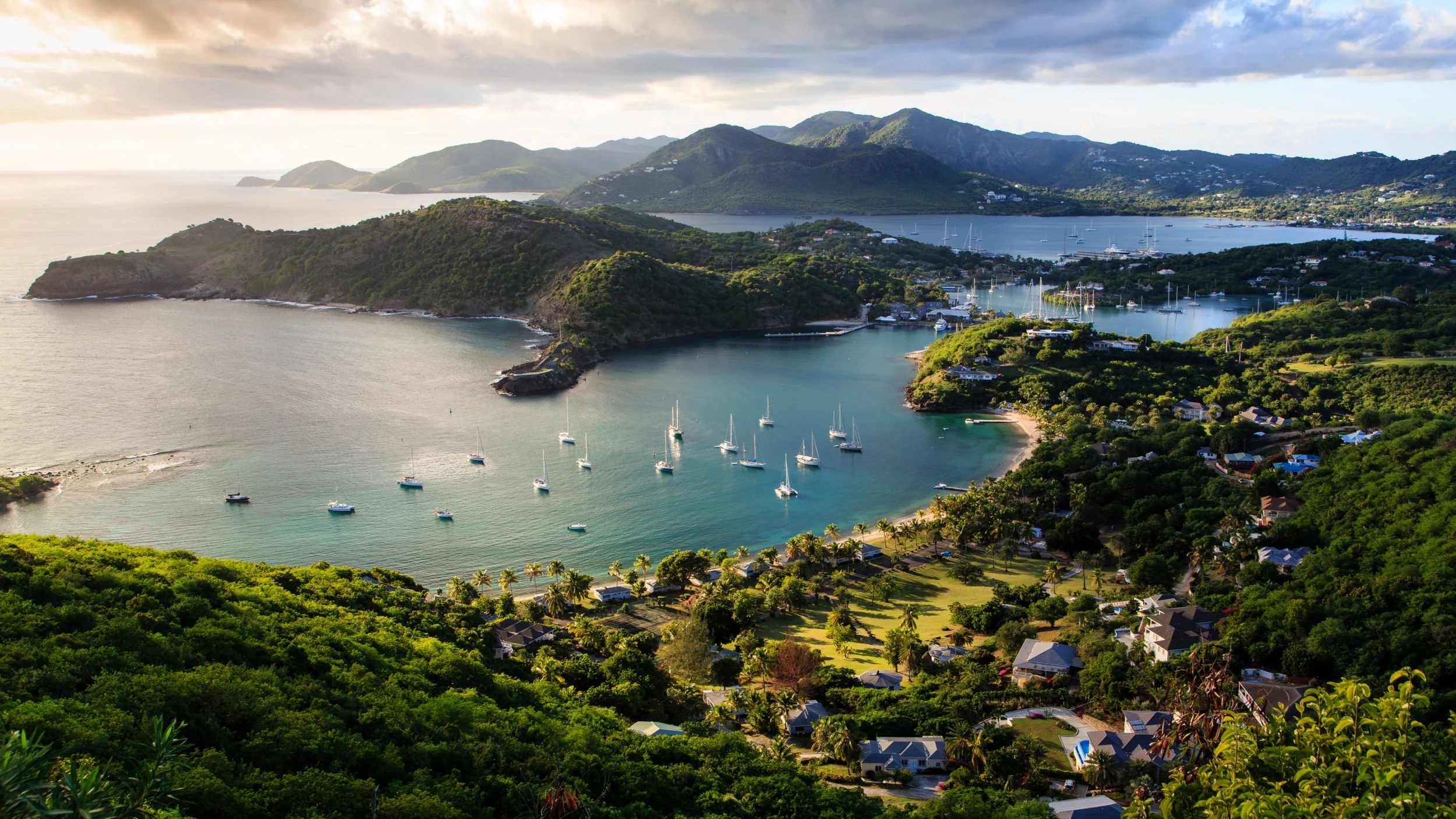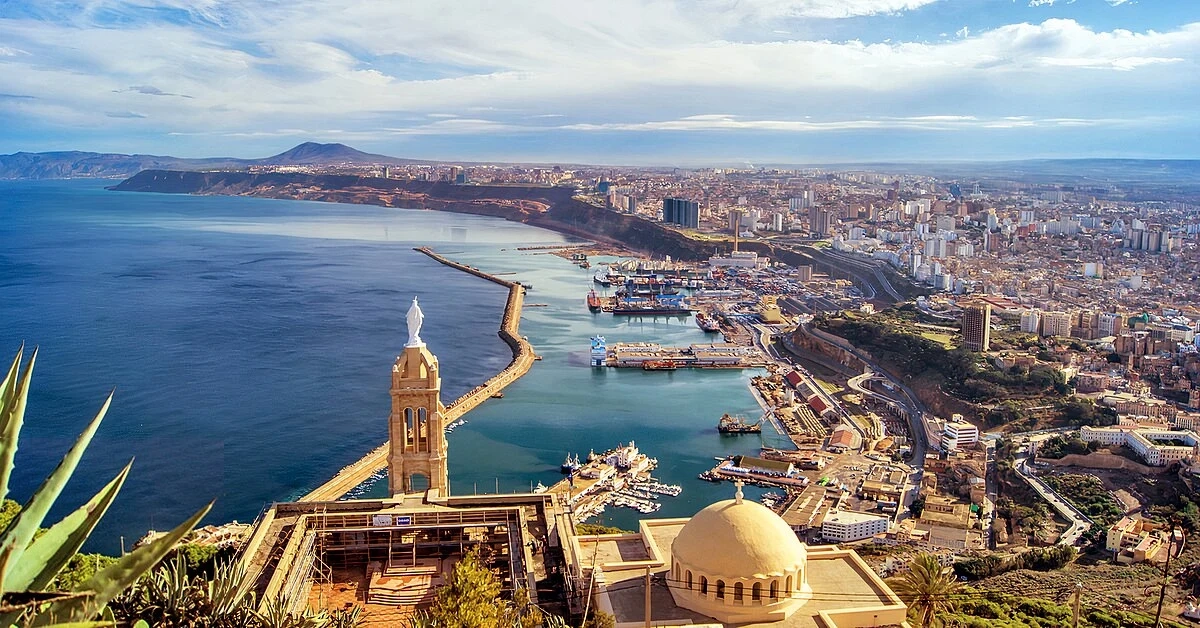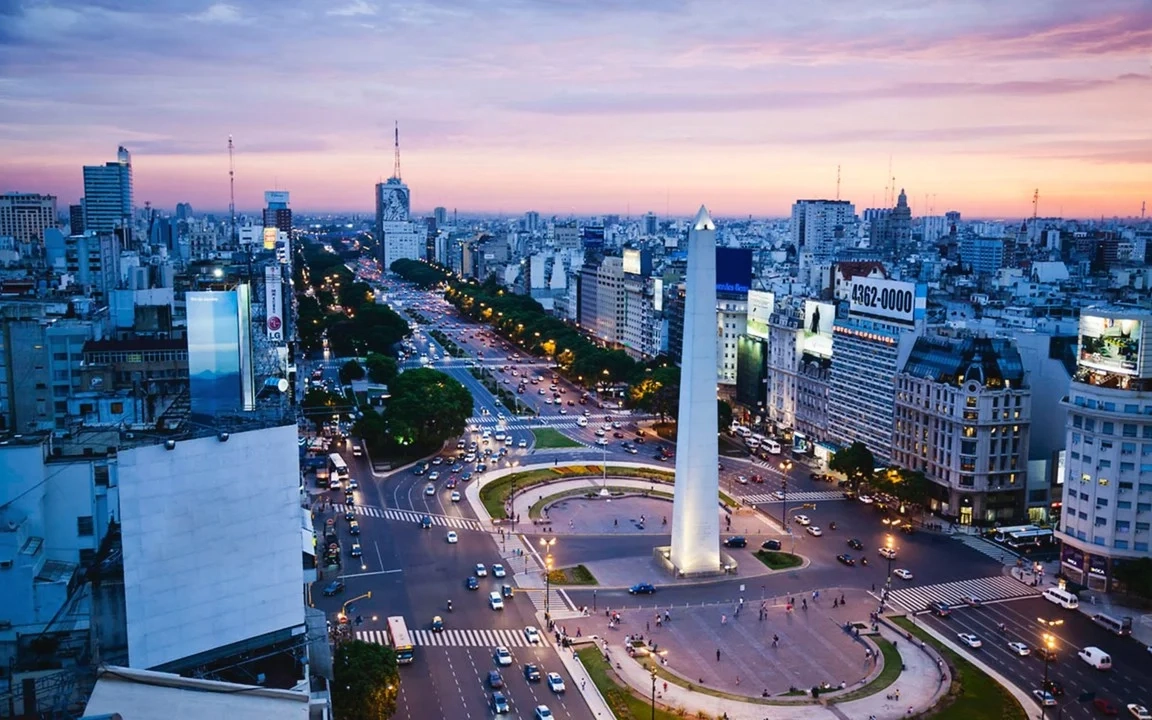1. Cost of Rent: The cost of accommodation can vary greatly depending on location. In urban areas like Suva or Nadi, renting a one-bedroom apartment can cost around FJD 800 to FJD 1,500 per month. Rural areas may offer more affordable options.
2. Healthcare: Healthcare facilities are available, with both public and private options. Expatriates often opt for private health insurance. Medical care quality may vary by location, with major cities having more advanced facilities.
3. Transport: Public transportation includes buses and taxis. A bus ride can cost around FJD 1 to FJD 3. Taxis have starting fares of FJD 5 to FJD 7. Car ownership may be necessary, and fuel prices are relatively high.
4. Food: Local markets offer fresh produce and affordable dining options. Eating out at local eateries can be economical. Imported and specialty foods may be more expensive.
5. Social and Cultural Experience: Fiji is known for its welcoming and diverse culture. Immigrants often find a friendly and inclusive community. Engaging in local customs and traditions can enhance the experience.
Fiji is one of the best destinations for expats who enjoy a relaxed island lifestyle. Coconuts and fresh fruit are inexpensive and plentiful, you can take a mini-vacation on the weekend on the secluded islands that are just a short boat ride away, and the friendly spirit of the local "Bula" people makes it easy to make new friends. But what costs should those planning to move or spend a long period of time in this Pacific island nation expect to incur? Below are the average costs associated with various aspects of daily life in Fiji in 2024, including food, housing, utilities, transportation, childcare, and entertainment.
☕️ FOOD
• Dinner in an inexpensive restaurant $4.69
• Lunch for 2 people in a medium-level restaurant, three courses $29.62
• Lunch at a fast food restaurant $7.40
• Coffee: $2.98/cup
• Regular milk: $1.54/liter
• Almond/soy milk: $4.95/liter
• White bread (500 g): $0.58
• Ordinary eggs (12 pcs): $6
• Chicken fillet (1 kg): $7.17
• Beef or other red meat: $10.37
• Black beans (400 gram can): $4.50
• Cheese - local production (1 kg): $9.48
• Potatoes: $1.34/kg
• Onions: $1.26/kg
• Lettuce: $1.21/head
• Cucumber: $3.00/kg
• Tomatoes (in season): $5.00/kg
• Mango (in season): $4.00/kg
• Coconut: $2.00/piece
• Bottle of wine (average price): $8.98
• Plain water (1.5 liters): $0.89
• Beer: $2.33
🏠 RENTING A HOUSE
• One bedroom apartment in the city center: $819.07
• One bedroom apartment outside the city center: $304.81
• Two bedroom apartment in the city center: $1481.02
• Two-bedroom apartment outside the city center: $716.11
💡 UTILITIES
• Basic utilities for an apartment <85 m2, including electricity, heating, water and garbage collection: $68.54
• Internet 50 mbps (1 month): $23.6
🚖 TRANSPORTATION
• One-time ticket for local transportation: $0.81
• Taxi ride: $0.45 / 1 km
• Gasoline (1 liter): $1.31
🎬 LEISURE
• 2 movie tickets: $8
• Monthly gym membership: $21.31
👦 CHILD CARE
• Kindergarten or other preschool: $200
🔗 OTHER:
• Short visit to the doctor: $13.9
• Haircut (simple): $4.38
• House cleaning (half a day): $40
• A set of cold medicine (for a week): $5.13
• Toothpaste: $1.79
• Toilet paper (4 pcs): $1.59
The cost of living in Fiji in 2024 presents a mixed picture: while some expenses such as food, transportation remain affordable, others such as housing rent, utilities and entertainment can be relatively high. Understanding these costs is important when planning a move or extended stay in Fiji so that you can enjoy the beauty and culture of this island nation without financial surprises.
Pros of Living in Fiji:
• Beautiful Scenery: Fiji is renowned for its stunning natural landscapes, including pristine beaches, crystal-clear waters, and lush rainforests, providing residents with a paradise-like environment.
• Warm Climate: Fiji enjoys a tropical climate with year-round warm temperatures, making it ideal for outdoor activities and a relaxed lifestyle.
• Friendly Culture: Fijians are known for their warm and welcoming nature, creating a friendly and inclusive community for residents and newcomers.
• Outdoor Activities: Fiji offers an abundance of outdoor activities, from water sports like snorkeling, diving, and surfing to hiking and exploring the islands' natural beauty.
• Cultural Experiences: Immersing in Fijian culture, with its traditional ceremonies, music, and dance, can be an enriching experience.
Cons of Living in Fiji:
• Cost of Living: While some aspects of living in Fiji are affordable, imported goods, utilities, and certain services can be relatively expensive.
• Healthcare: While healthcare facilities exist, access to advanced medical care may be limited in remote areas, and private healthcare costs can add up.
• Education: While Fiji offers educational opportunities, international schools and advanced educational programs can be limited and costly.
• Natural Disasters: Fiji is prone to natural disasters like cyclones and earthquakes, which can occasionally disrupt daily life.
• Infrastructure: In some areas, infrastructure may not be as developed as in more urbanized countries, leading to occasional inconveniences.
1. Suva: As the capital city, Suva is the largest urban center and offers a range of amenities, including educational institutions, healthcare facilities, and diverse job opportunities. It's known for its cultural diversity and vibrant city life.
2. Nadi: Located near the international airport, Nadi is a major tourist hub and a gateway to the beautiful Yasawa and Mamanuca Islands. It has a lively atmosphere and offers various services and amenities.
3. Lautoka: Fiji's second-largest city, Lautoka, is known for its sugar industry and offers a mix of urban and suburban living. It provides access to healthcare, education, and business opportunities.
4. Labasa: Situated on the island of Vanua Levu, Labasa is known for its friendly community and a more relaxed pace of life. It's a great option for those seeking a quieter and rural lifestyle.
5. Savusavu: Located on Vanua Levu, Savusavu is known for its natural beauty and a growing expat community. It's an attractive choice for those who appreciate a serene coastal lifestyle.
• Healthcare and Insurance: Consider obtaining health insurance to cover potential medical expenses in Fiji, as healthcare can be costly, especially for expatriates.
• Education: If you have school-age children, research and secure school placements before your move. Fiji offers a mix of public and private educational institutions.
• Local Customs and Culture: Familiarize yourself with Fijian customs, traditions, and etiquette. Learning the local language, Fijian, is also a sign of respect.
• Respect Local Laws: Ensure you follow Fijian laws and regulations, and be aware of the legal requirements for your visa type.
• Network and Engage: Building relationships with the local community can enhance your experience in Fiji and help with a smooth transition.
